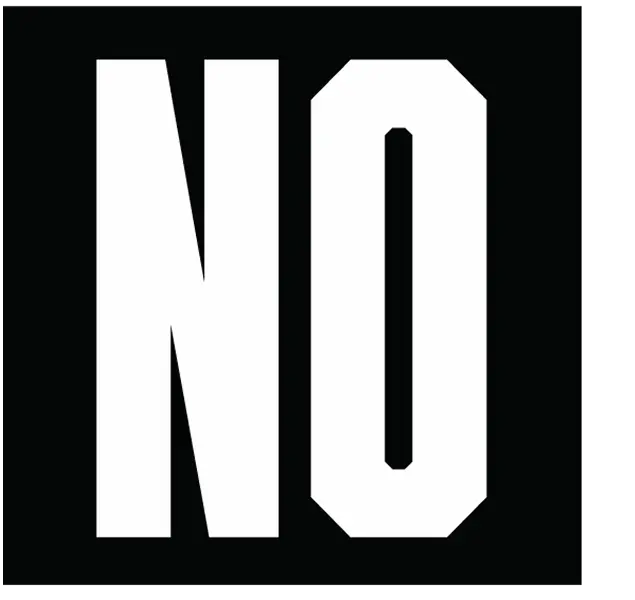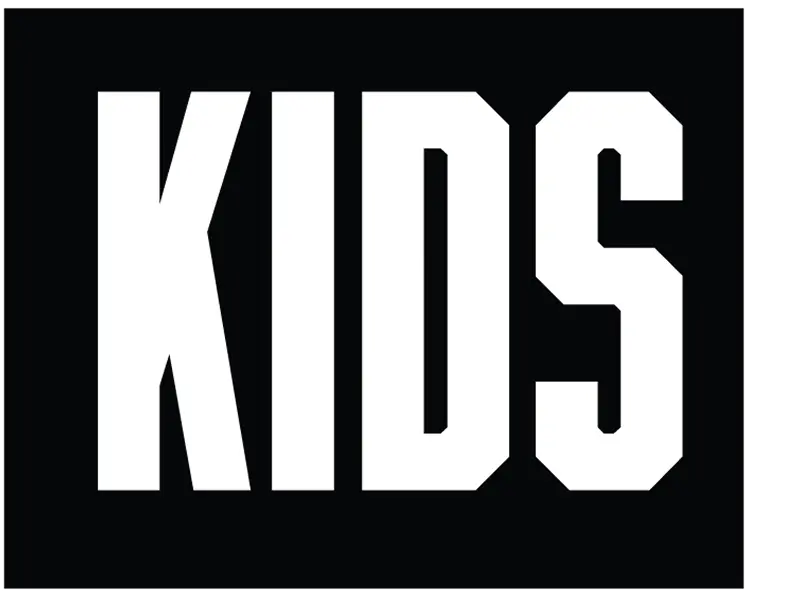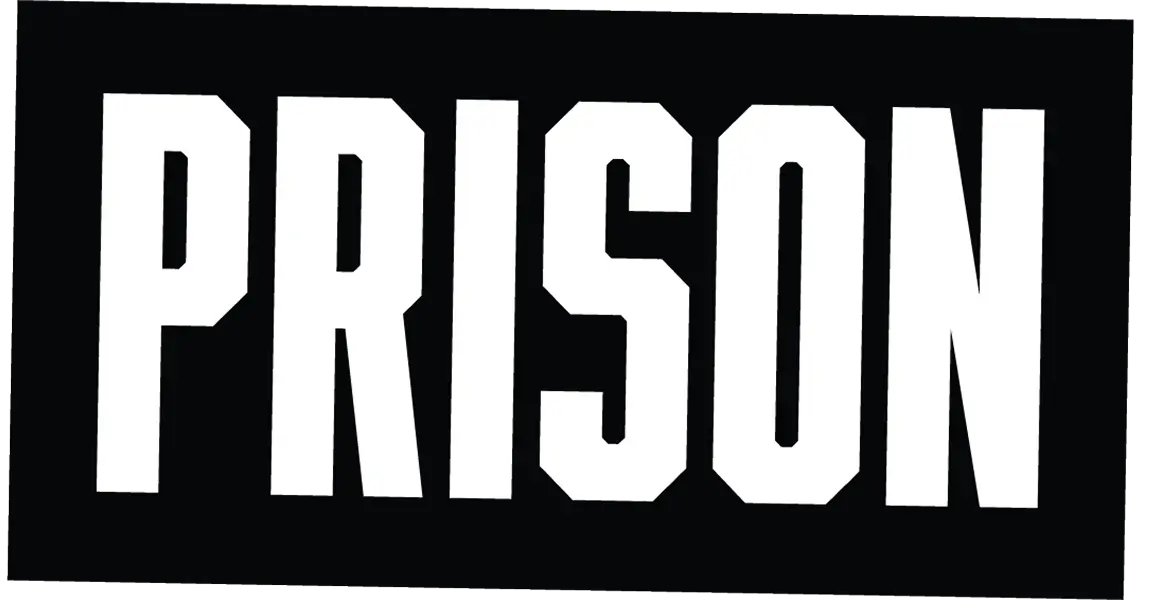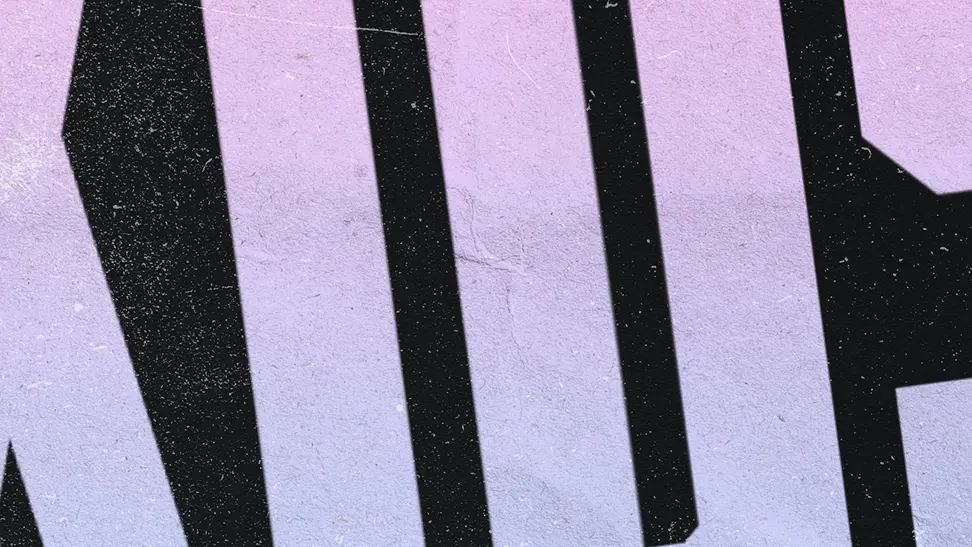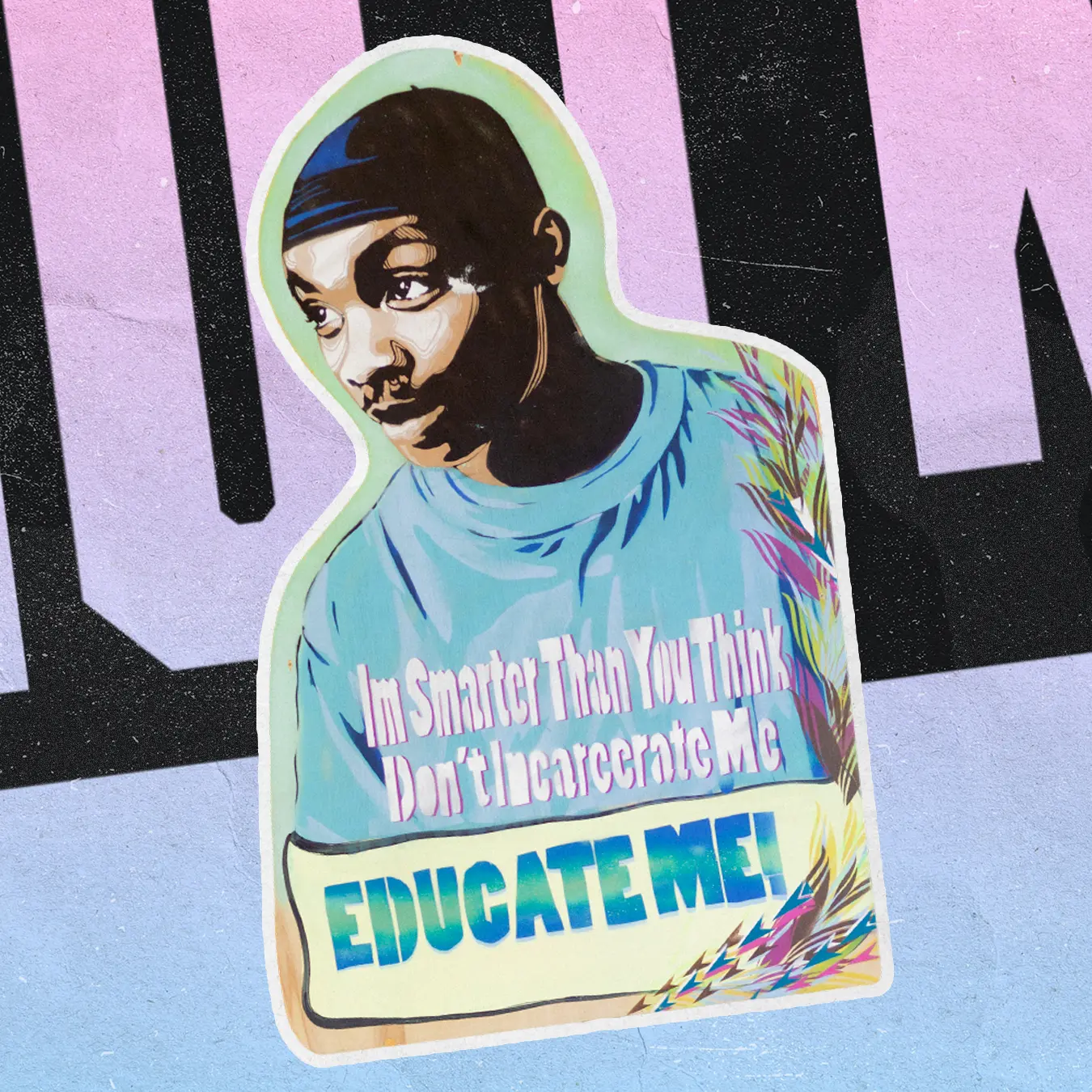Today as we commemorate Juneteenth, the day that enslaved African Americans in Galveston Bay first learned that they were legally free, we reflect on our continuing work to end slavery’s enduring legacy that persists in our youth justice system.
The 13th Amendment abolished slavery with one glaring exception: when used as punishment for a crime. This slavery loophole paved the way for today’s criminal justice system and the youth justice system to control the lives and curtail the rights of people of color.
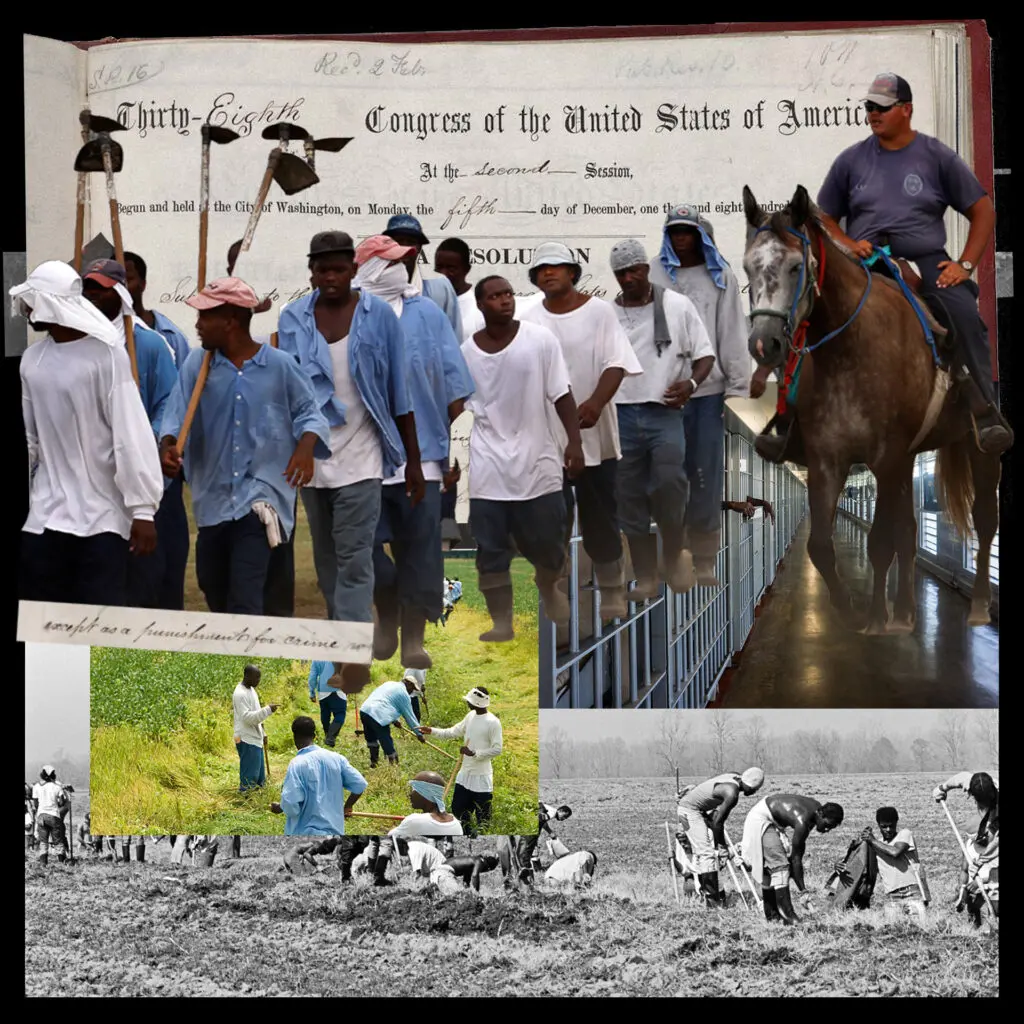
While slavery’s enduring legacy quietly lives on in the structural racism of our justice system, the Louisiana State Penitentiary nicknamed Angola is one institution where the violence and racism remains overt and obscene. Once known as “the bloodiest prison in the world,” Angola was built on a former slave plantation and those who are incarcerated now —mostly Black— are assigned to the fields, picking fruits and vegetables for the prison while monitored by officers riding horseback. To make matters worse, despite protests and lawsuits by families, Governor John Bel Edwards continues to send Louisiana’s system-involved youth to Angola where they are maced, held in solitary, and receive little to no educational services. If you can, please join our partners at FFLIC who are working to stop these youth transfers.
Louisiana is not an outlier, despite decades of advancements from movements for civil rights, Black youth nationally are still 5X more likely to be incarcerated than their white peers for similar offenses. In some states, the racial disparity among incarcerated youth is even more pronounced. In New Jersey, Black youth are 17.5X more likely to be incarcerated, in New Hampshire it’s 13.1X, and in Wisconsin, Black youth are 11.3X more likely to be incarcerated.
Developing continuums of care that wrap around youth and their communities like a hug is essential for building bright, hopeful, and healing futures for our youth —and around the country Youth First’s partners are working on actualizing those bright futures. In Louisiana, FFLIC is fighting tirelessly to stop the transfer of system-involved youth to Angola. In Virginia, RISE for Youth is taking a public health approach to public safety through their “Redefine the Vital Signs” campaign. This month in Philadelphia, Care, Not Control, the Juvenile Law Center and Performing Statistics hosted Freedom Constellations: Philadelphia, an immersive art exhibit where youth can learn, create, network and play with family, neighbors, mentors, and friends. Hundreds left the exhibit inspired to join us in our shared fight to close youth prisons.
Just like that first bright emancipatory June day in Galveston Bay, Texas, our shared work to close youth prisons can be both a source of optimism and a reminder of the work ahead of us. We can’t stop and won’t stop until all youth are free from incarceration and system-involved youth are awarded the wrap-around care and services that all young people deserve.
